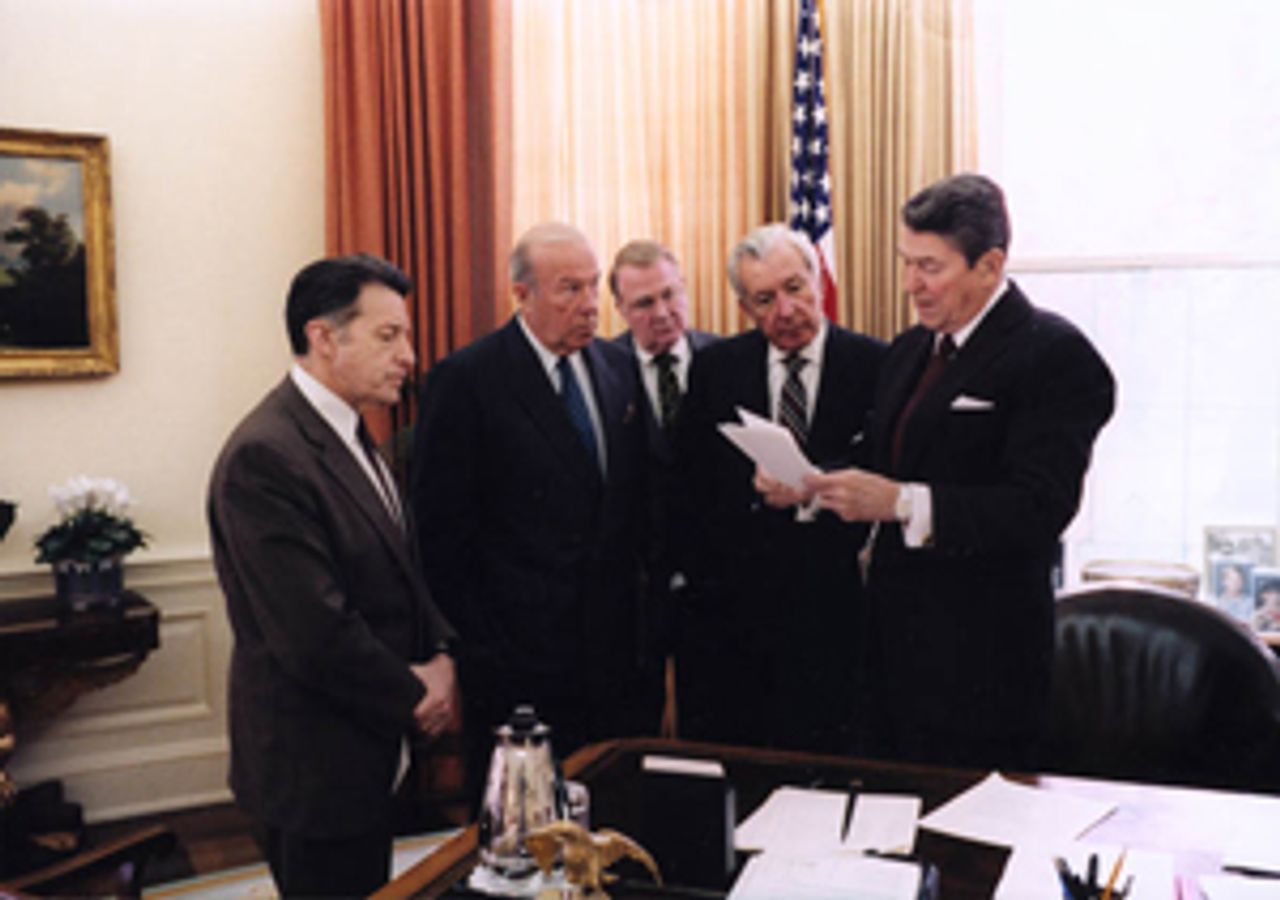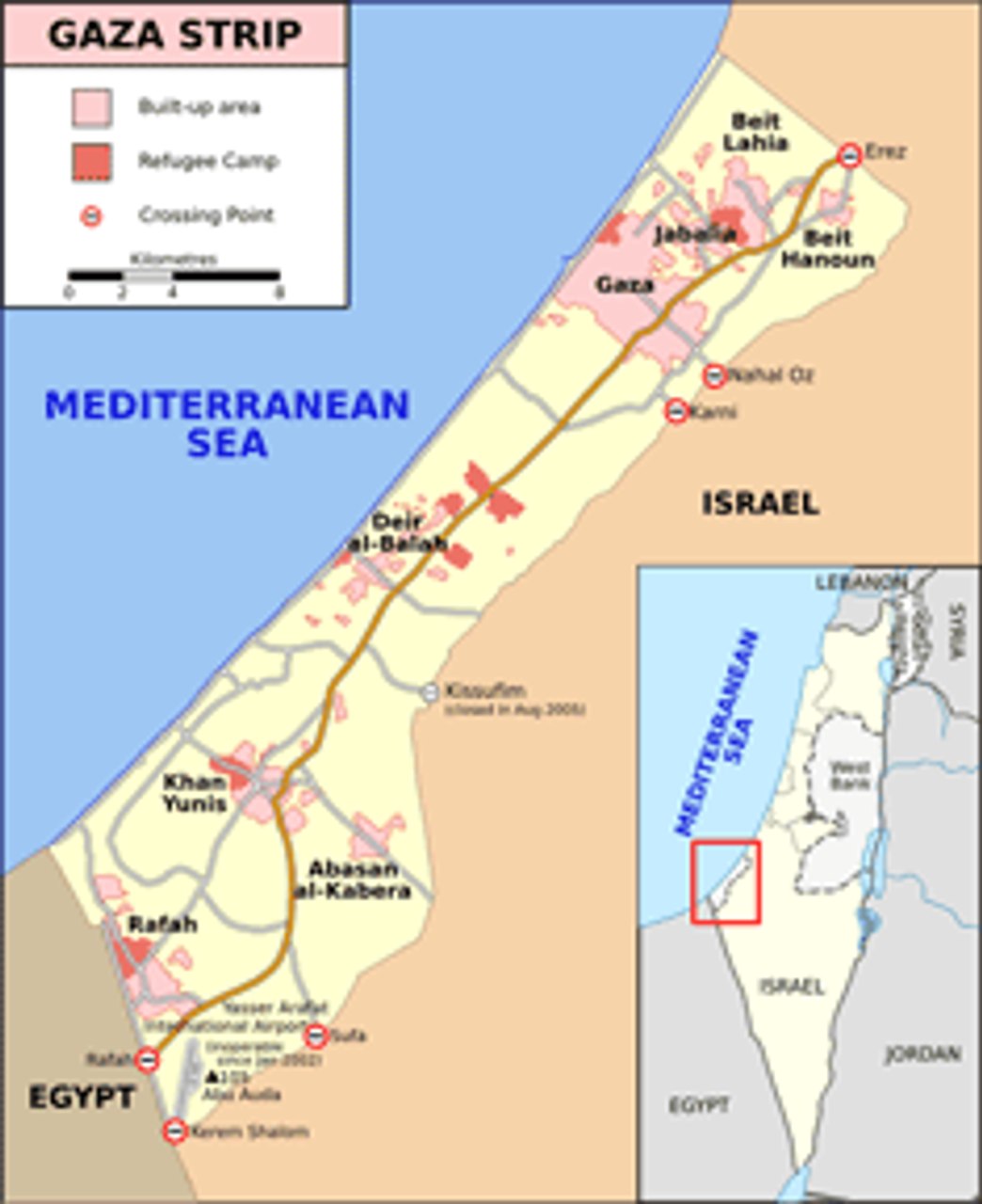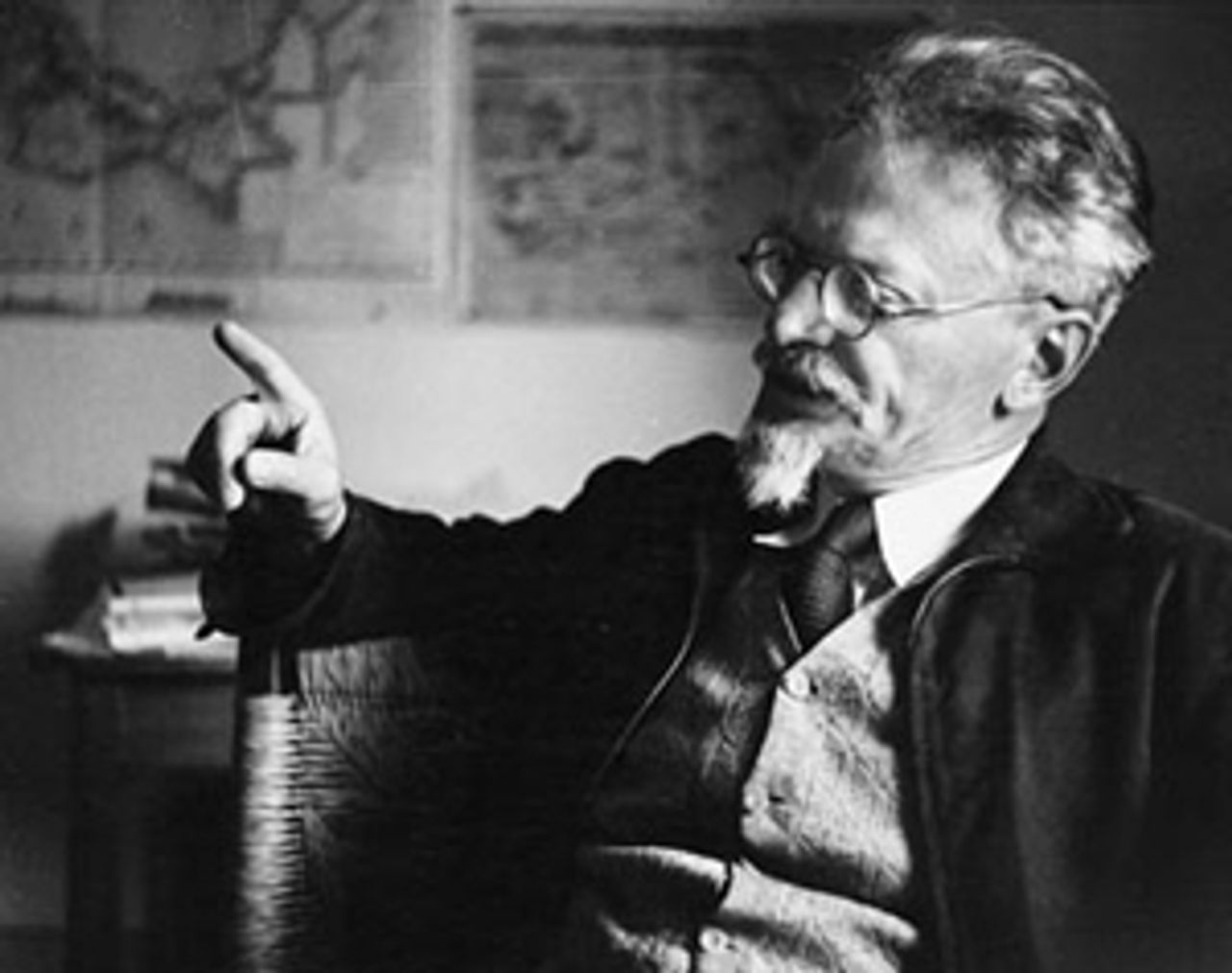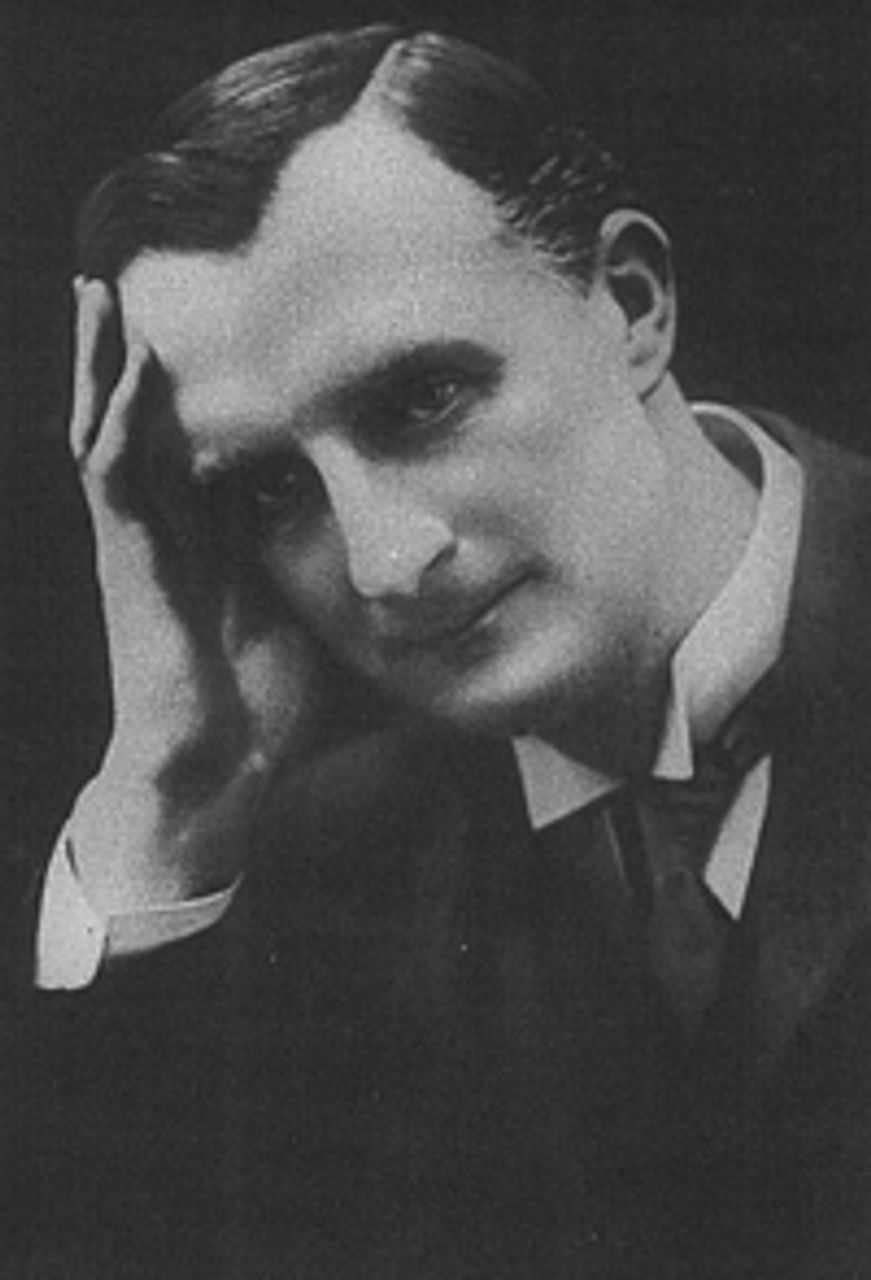This Week in History provides brief synopses of important historical events whose anniversaries fall this week.
25 Years Ago | 50 Years Ago | 75 Years Ago | 100 Years Ago
25 years ago: Iran-Contra cover-up unravels
 Reagan and cabinet officials during Iran-Contra scandal
Reagan and cabinet officials during Iran-Contra scandalOn November 26, 1986, US President Ronald Reagan went on national television and revealed that secret arms sales to Iran—carried out in violation of a US arms and trade embargo—had been used to illegally funnel money to Nicaraguan Contra forces, engaged in a dirty war against the nationalist Sandinista government of Daniel Ortega. To that point, Reagan had himself spearheaded the cover-up of the anti-democratic conspiracy, which first emerged earlier in the month with revelations about the arms trade with Iran, then embroiled in a bloody war with neighboring Iraq.
Reagan claimed he had not been “fully informed” of the activity, carried out under the auspices of the National Security Council (NSC) and operating out of a basement office in the White House. In a separate news conference, Attorney General Edwin Meese III insisted that only Marine Lt. Colonel Oliver North, an employee of the NSC, and not Reagan, Vice President George H.W. Bush, Defense Secretary Caspar Weinberger, or CIA Director William Casey, knew of the activity. National Security Advisor John Poindexter “generally knew something was happening,” but didn’t know the details, Meese claimed.
The full contours of the conspiracy began to come into focus. The CIA supplied Israel with arms, which then sold those arms to Iranian agents who had funding provided them in part by a Saudi arms dealer. Israel then handed over the proceeds from these illegal sales to the CIA, which paid off the US Department of Defense for the goods, and deposited the remainder in Swiss bank accounts controlled by the Contras. The latter then used these funds to pay for the CIA-organized arms-running program, which had first come to light in October 1986, with the downing of an airplane and the capture of one of its crew, American Eugene Hasenfus, who admitted the purpose of the flight to Sandinista authorities.
The illegal operation and its cover-up marked a significant stage in the decline of American democracy. Democrats offered meek criticism and immediately attempted to defuse popular anger. “It’s important that we don’t exaggerate,” said Democratic Rep. Barney Frank of Massachusetts. “We shouldn’t talk about Watergate or impeachment or jail terms [or] abuse Ronald Reagan.” Frank’s defense of Reagan was echoed by party leaders Sen. Edward Kennedy of Massachusetts and Walter Mondale of Minnesota.
50 years ago: UN report highlights Palestinian refugee crisis
 The Gaza strip
The Gaza stripA report delivered to the United Nations on November 25, 1961 revealed that separate discussions with Israel and the Arab nations offered little hope that any resolution could be found for the plight of the estimated 1.2 million Palestinians dispossessed from their former homes and lands in Israel.
The report, prepared by Dr. Joseph Johnson of the US-based Carnegie Endowment for International Peace and endorsed by the UN Palestine Conciliation Commission, said that international aid was needed for the refugees, most of whom lived in squalid camps along the Lebanese, Syrian, Jordanian, and Egyptian borders with Israel. More than 250,000 refugees lived in the UN-run city of Gaza alone, its population having swollen more than three-fold in little more than a decade. There were virtually no jobs for the refugees, who had status neither in the land of their birth, now Israel, or in the Arab states. The report held out the prospect that some portion of the refugees might be permitted to return to Israel, while others might be resettled elsewhere. Both groups would be entitled to compensation, the report held.
Israel blamed the Arab states for the refugee crisis, claiming that Palestinians had been encouraged to rise up against the new Zionist state in 1948. Israel also refused demands that the refugees be allowed to return, in blatant contravention of international legal principles. The Arab states, for their part, had already established a pattern by which they manipulated the Palestinians’ plight for their own petty national ends.
75 years ago: “Trotskyist wreckers” in Kemerovo Trial executed
 Trotsky
TrotskyOn November 22, 1936 the defendants in the Kemerovo Trial, falsely accused of sabotage and being members of an “Anti-Soviet Trotskyite Centre,” were found guilty and shot later the same day. The trial was part of a series of show trials which resulted in the wiping out of the old Bolsheviks. It also aimed to besmirch Trotsky’s name and create the ideological and pseudo-juridical atmosphere in which he could be assassinated.
The main charge at the trial was that “Trotskyites” organized an explosion at a mine in the Kuzbass coal field in Western Siberia on September 23 resulting in the deaths of twelve miners and severe injuries to fourteen more. The Stalinists chose Kuzbass because a number of prominent Trotskyists had worked there when initially exiled by Stalin to Siberia. The prosecution mixed together former Trotskyists who worked at the mine with engineers and industrial technicians, the mastermind supposedly being the engineer Peshekhonov. Other defendants included a German industrial specialist named Stikling, accused of being a Gestapo agent.
The prosecutor Roginsky asserted that “the interests of the Trotskyists coincided with the interests of the international bourgeoisie and fascism. Sabotage and wrecking was the long term task of the foreign center of opposition, which fully corresponded to the desires of international finance circles and fascist governments.” Pravda stated that “the threads from the bandits who carried out the Kemerovo crime lead … abroad, to Trotsky and his son.”
In his written depositions to the Dewey Commission the following year, Leon Trotsky wrote of the series of frame-ups organized by Stalin: “They show with absolute incontestability that what is involved is not an underground Trotskyite conspiracy first unearthed in some startling manner in 1936 but a systematic conspiracy of the GPU against the Opposition, with the aim of imputing to it sabotage, espionage and the preparation of insurrection.”
100 years ago: British ruling class divisions on foreign policy
 Sir Edward Grey
Sir Edward GreyThe keynote debate on foreign policy in the British House of Commons on November 27, 1911 pointed to the intensifying rivalry among the Great Powers. Precipitated by calls for improved Anglo-German relations, it rapidly devolved into bitter denunciations of Russian designs on Persia. Foreign Secretary Sir Edward Grey was compelled to make a lengthy defense of the Liberal government’s policies against a groundswell of criticism over Britain’s diplomatic agreements, or ententes, with France and Russia.
The British government’s support for France against Germany in the Moroccan crisis had alarmed Liberal critics, who feared that Britain would be dragged into a war with Germany to defend French interests. In his speech Grey denied that Britain had agreed to come to France’s assistance in the event of war—when in fact military plans were already in place for just such an eventuality. He advocated an effort to reach a rapprochement with Germany, but insisted it must not be at the expense of the agreements with France and Russia.
New tensions had emerged with the UK’s ally, Russia, its principal rival for much of the 19th century. Russia had just issued an ultimatum to the nominally independent Persian government demanding the removal of W. Morgan Shuster, an American financial adviser. Russia and Britain had signed an entente in 1907 that in relation to Persia carved that country into three spheres of influence—Russian, British and an ostensibly neutral zone.
Labour MP Keir Hardie accused Grey of being a cat’s paw for Russia in Persia, specifically over the tsarist regime’s insistence on Shuster's removal. Under the guise of championing Persian independence, the Conservative-led opposition was pushing for a reassertion of British interests in Persia and more broadly for closer ties with Germany.
After the debate, the campaign continued against Grey over his “ingrained Germanophobia” and secret foreign policy. The Daily News, the largest Liberal daily, editorialised that Grey would have to go. Grey weathered the criticism and retained his post. The ententes with France and Russia were maintained and secretly expanded into quasi-military and naval alliances that helped formed one of the key fault-lines for World War I.
